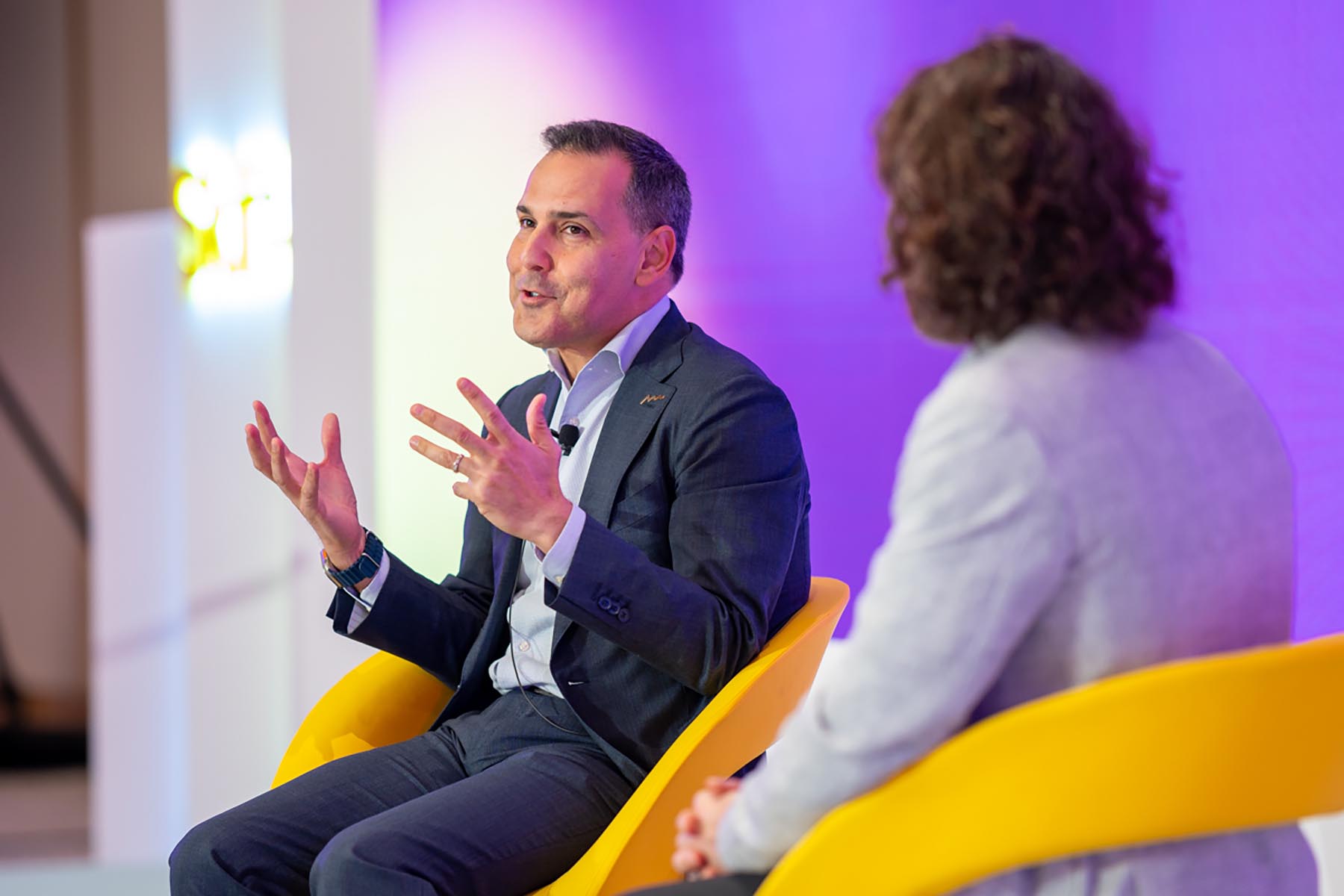Unified Visas for Gulf Cooperation Council Would Supercharge Regional Tourism

Skift Take
The upcoming Gulf Cooperation Council unified visa, which would ease crossing borders like in the Schengen Zone, is forecast to supercharge inter-regional travel in the Gulf states, according to Ras Al Khaimah's tourism boss.
Raki Phillips is CEO of the emirate's Tourism Development Authority (RAKTDA) and is entrusted to boost travel and tourism in a once lesser-known emirate 45 minutes from Dubai. The northern emirate would be one of the biggest winners from the unified visa, and it has already begun collaborating with neighboring Oman to prompt travelers to explore the Gulf.
"This new Schengen-style visa is huge for [GCC] tourism and Ras Al Khaimah will see a huge benefit," said Phillips at the Skift Global Forum East 2023.
"There is nothing more important than a collaborative approach. We should compete collaboratively. In this part of the world, we want to be collaborative. That could mean visa processing, hotels, and airlines."
The goal is to ease the hassle of travel.
"We have to take away the burden of travel. We want to find those friction points and eliminate them. Travel must be more accessible."
The visa between Saudi Arabia, the UAE, Qatar, Bahrain, Kuwait and Oman was approved by ministers in October 2023 and would roll out either next year or 2025.
This visa was first mentioned in May 2023 at a conference in Dubai, where the countries’ ministers shared their hopes to unite the GCC so tourists would consider cross-country travel like they do in Europe.
Triple the Travelers
Travel between emirates and Gulf countries would support RAKTDA's lofty goals to triple visitor numbers by the end of the decade.
Phillips said: "We’re building a foundation now to triple our tourists by the end of the decade. We can move fast, we can pivot, we can make deals happen."
RAKTDA has certainly made deals happen. In November 2023, the organization partnered with Oman Tourism Development Company (Omran Group) to promote travel between the two destinations.
Phillips added: "We are in 2024 launching borderless travel between Ras Al Khaimah and Oman. That means you can book a hotel in Ras Al Khaimah and cross the border into Oman with no friction. We have direct flights to Doha as well, so we’re looking at how we can partner on regional experiences."
A Boost from Wynn
Within the emirate itself, development interest has skyrocketed, particularly after the announcement of the upcoming Wynn resort, which would be home to the Gulf's first confirmed gaming facility.
RAKTDA's 2030 vision is to attract over 3 million visitors by the end of the decade. Analysts, however, forecast the emirate’s tourism sector could surpass that figure.
By 2030, Colliers estimated, that the emirate could welcome over 5.5 million visitors, contingent upon the success of the Wynn resort. According to STR, Ras Al Khaimah has around 5,000 hotel rooms in its pipeline — Wynn accounts for well over 1,000 of those. However, development is not happening fast enough, according to Colliers.
The growth in demand is anticipated to create a gap in the market of 3,500 keys by 2026 and over 6,000 keys by 2030.
Accessibility
Also during the panel, Phillips spoke about the importance of tapping into disability-friendly travel, a $6 billion reservoir by some estimates.
He said: "We looked at how we can make our destination more accessible. The first thing you think about is chair-bound [travelers]. Think about disability-friendly rooms in hotels, it’s often just labeled as accessible, but it isn’t really.
It's not just about people in wheelchairs, Phillips said.
"Also, accessibility isn’t just about [catering to] travelers in wheelchairs. Sight, allergy, hearing, and cognitive are some others. Us as a destination, we’re embracing accessibility in all its forms. We want to be truly accessible to everyone."
"There will come a point a person may need extra assistance. It shouldn’t a reactionary measure."





